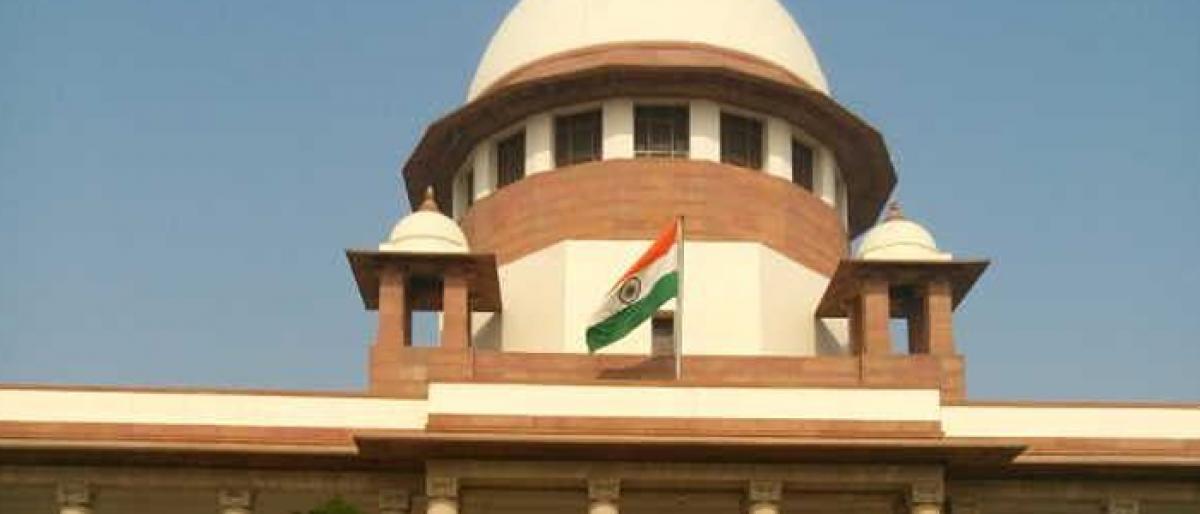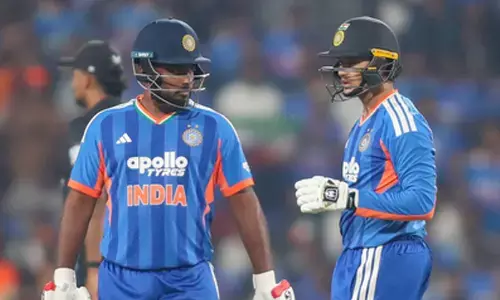Live-streaming of court hearings

Senior advocate Indira Jaising had filed a PIL in the Supreme Court to allow for the proceedings in the courts to be streamed live The petition read that, our constitutional fabric is such that we accept the cardinal principle that justice must not only be done but seen to be done and thus it becomes essential that persons that may be affected by the Supreme Courts decisions be able to access t
Senior advocate Indira Jaising had filed a PIL in the Supreme Court to allow for the proceedings in the courts to be streamed live. The petition read that, “our constitutional fabric is such that we accept the cardinal principle that justice must not only be done but seen to be done and thus it becomes essential that persons that may be affected by the Supreme Court’s decisions be able to access the same.”
It was further argued that since courts deal with matters of national importance, it is desirable to have the proceedings streamed live.
The Supreme Court has shown an inclination to allow this. The Central government has also expressed its willingness to provide support by helping in launching a channel. Soon, a channel dedicated to proceedings in the Supreme Court might become a reality.
It is perhaps a good time to reflect on the pros and cons of this initiative. The first, and perhaps the biggest argument in favour of the proposition is that it makes justice more visible and accessible. Not only can the country follow decisions made by the courts in matters of national importance, but as Justice Mishra noted, litigants can also observe the proceedings.
This will also lead to a more transparent system of decision-making as arguments from both sides are likely to be in the public domain. Observing proceedings will also, in many ways, allow for a participative justice system, in which people can observe the courtrooms from home. This will certainly be of great interest and tremendous value to all students of law who can get a clearer picture of the law.
Nonetheless, a few concerns will have to be considered before such a proposal is allowed. The first is, of course, that of sensitive cases. Cases involving minors and rape victims, for instance, cannot be broadcast. In many other cases as well, the privacy of the litigants and witnesses, etc will have to be safeguarded. This will require a case by case decision on allowing proceedings or not. Perhaps, in each court, a few specific courtrooms can be dedicated for matters like this.
Second, the courts sometimes have to make extremely tough choices. The decisions made by the courts are not always popular. It will have to be ensured that the observers of the court proceedings are clear on the role of the courts and their independence and impartiality. A bloodthirsty mentality will have to be changed.
Third, it will be on the lawyers and the judges to ensure that the decorum of the courtroom is unequivocally always maintained. Any deviation from these principles can possibly lead to the respect and the trust that we repose in our courtrooms being eroded. Thus, the duty to always maintain the highest standards of conduct will need to be shared.
The United Kingdom allowed for its Supreme Court proceedings to be telecast. South Africa telecast the Oscar Pistorius trial. The United States also airs some court hearings. In an increasingly accessible world, the time has perhaps come to allow for live streaming of courts. Caution and careful consideration nonetheless need to be exercised.
By: Vishavajeet Chaudhary
(The author is an Assistant Director of Centre for Penology, Criminal Justice and Police Studies at OP Jindal Global University)














